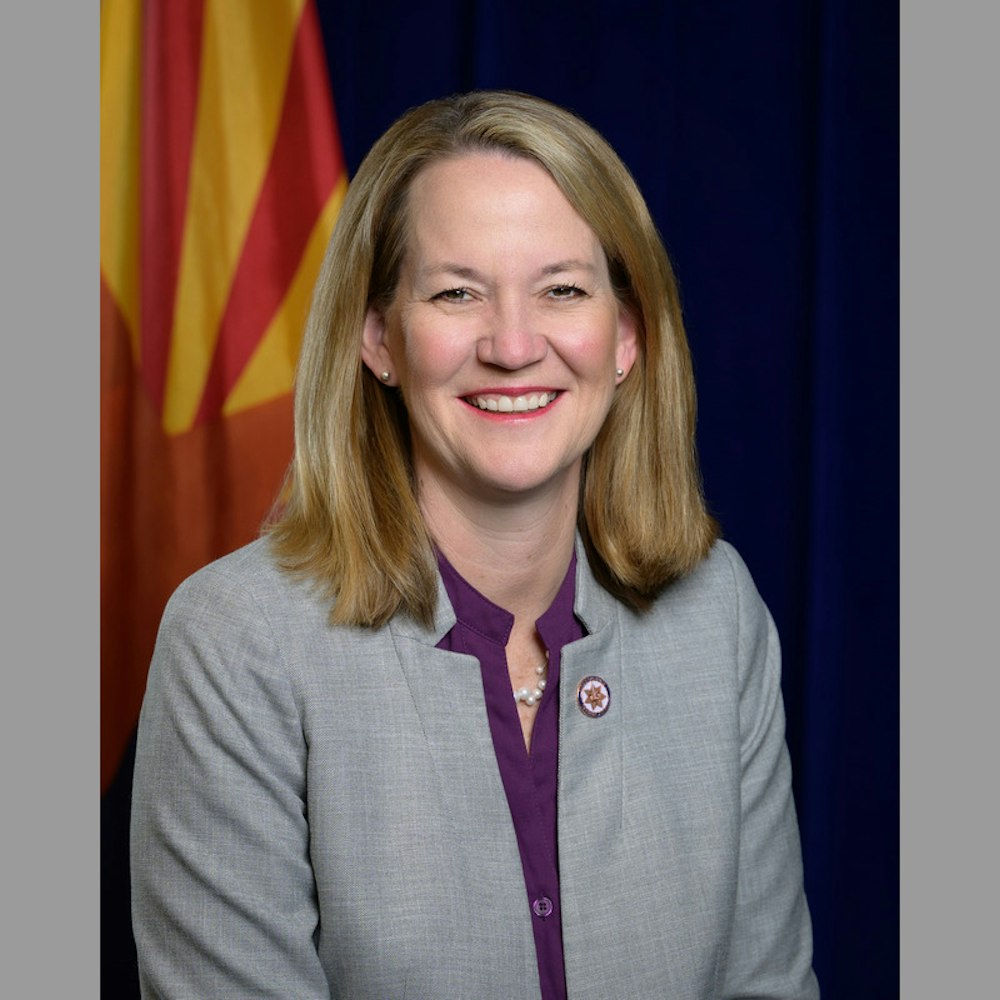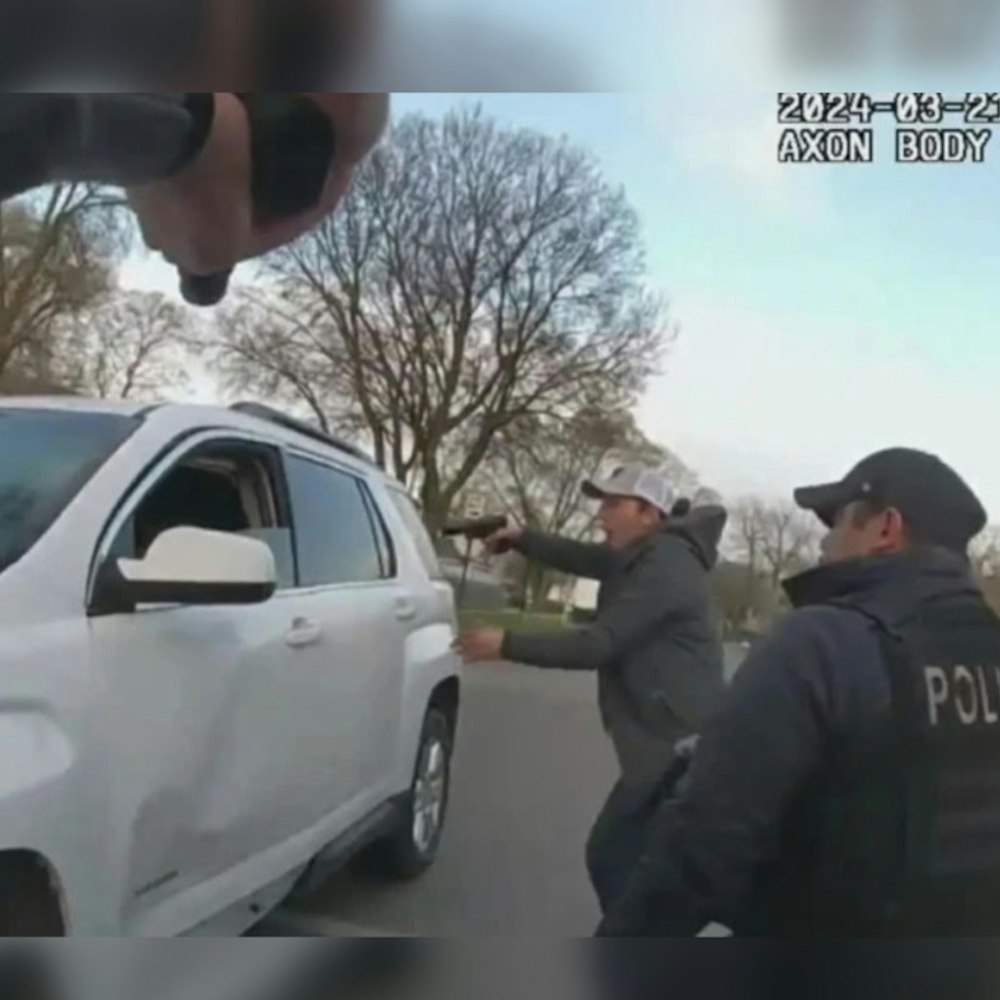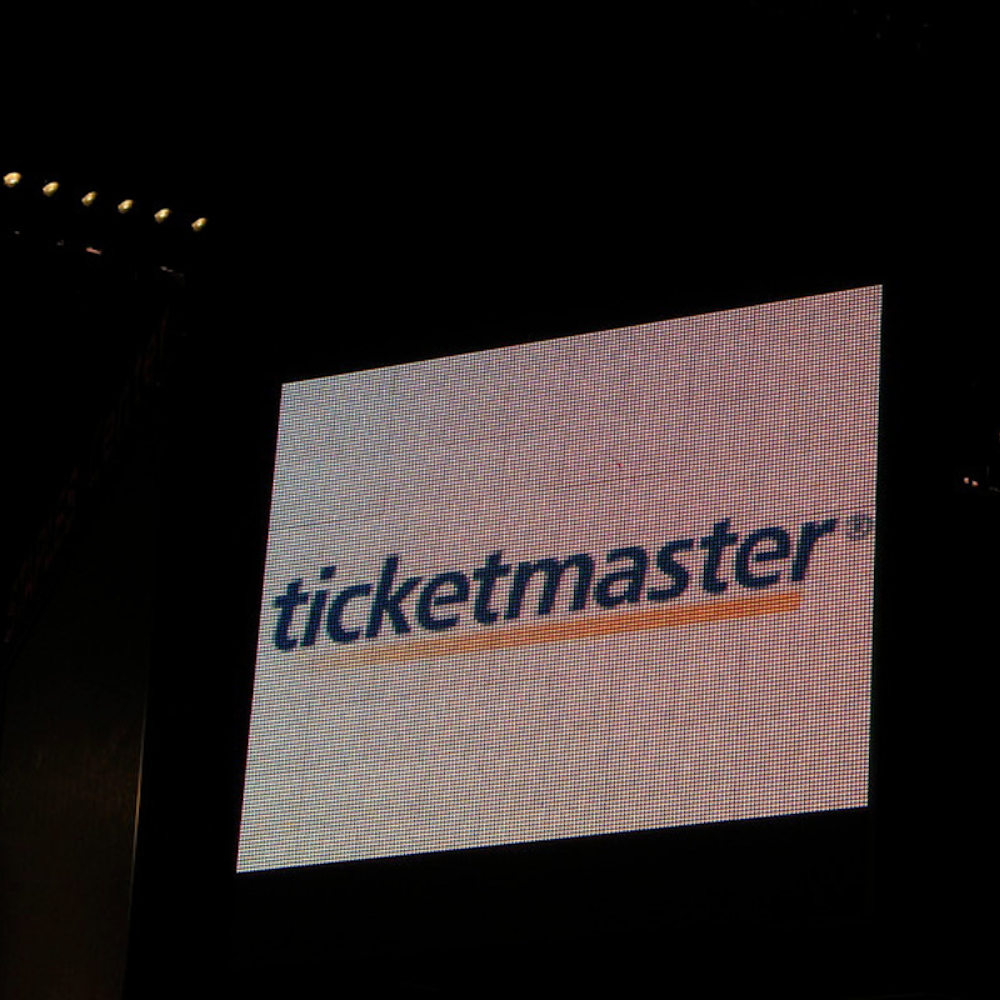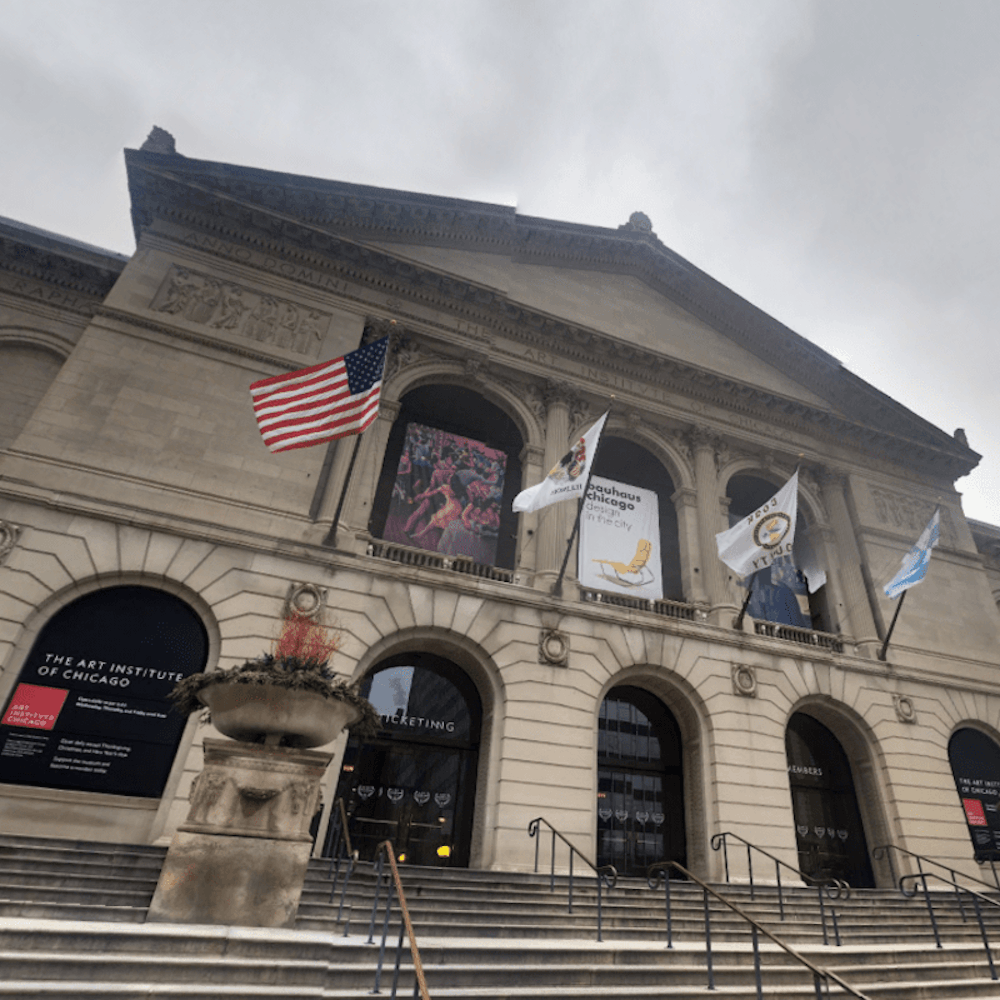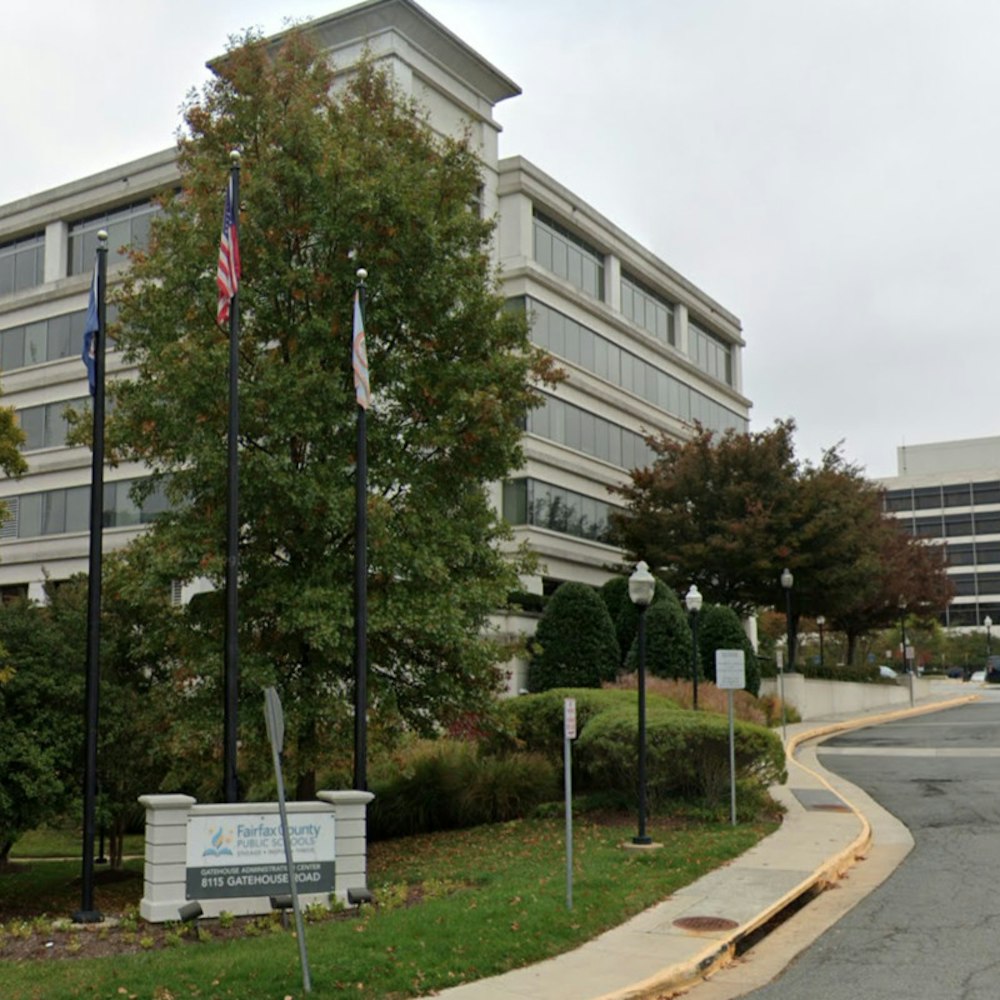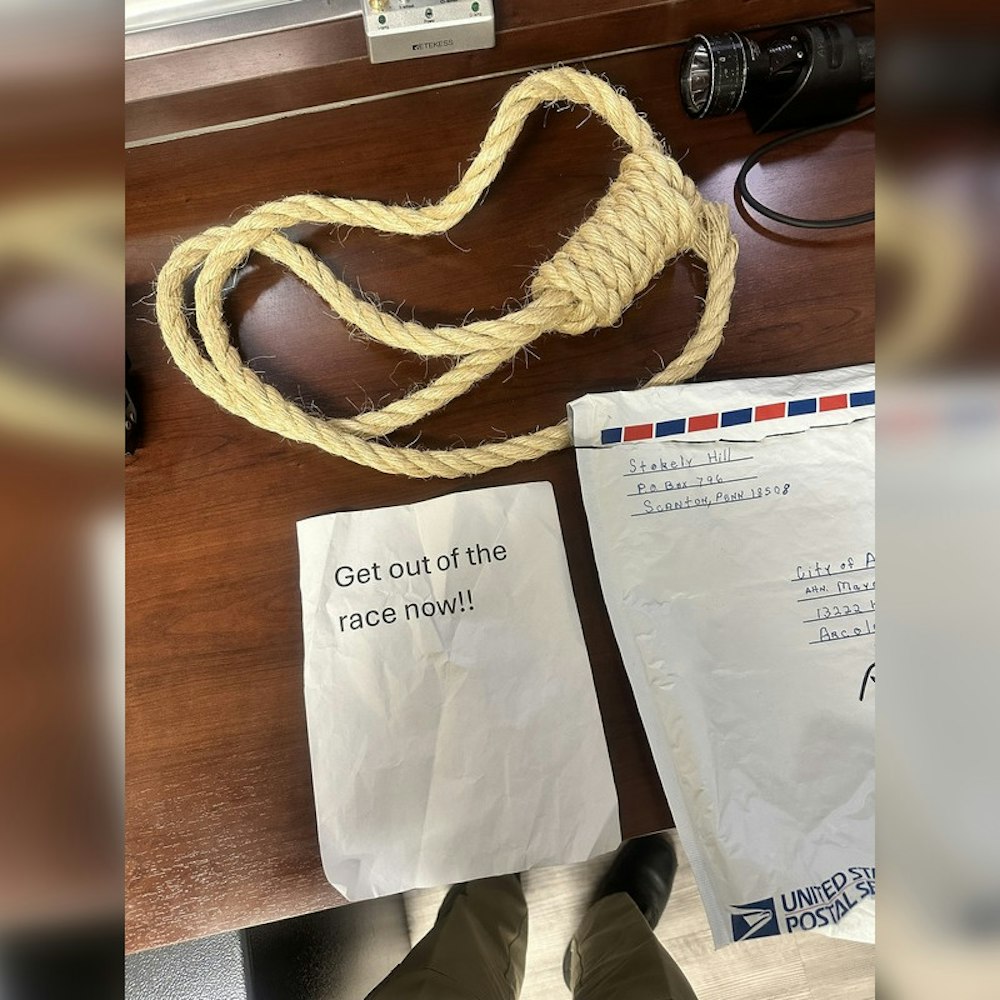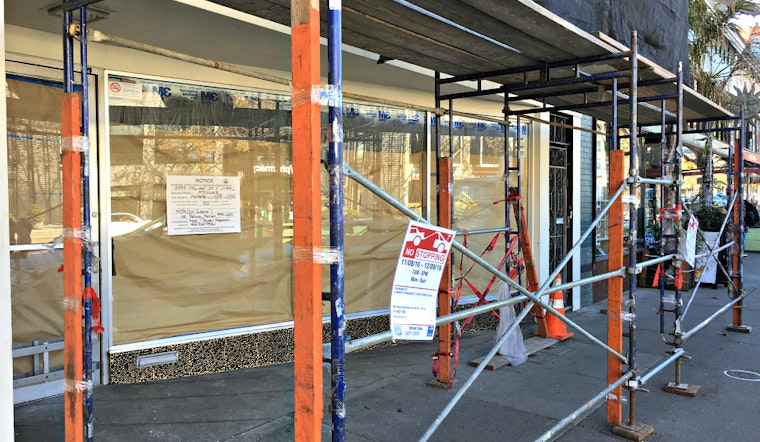
Editor's note: We've been covering the city's efforts to shore up the foundations of thousands of older multi-story buildings, via a city law passed in 2013 called the Mandatory Soft Story Program. Hundreds of buildings are still out of compliance, as our local wire service partner Bay City News covers in the article below, even after the deadline to begin construction passed last Friday.
The issue has been playing out around the city, as landlords and tenants—particularly long-time local businesses in ground-floor units—have tried to figure out who is responsible for what.
While landlords in other earthquake-prone cities, like Los Angeles, require landlords to pay half, in San Francisco they can pass all costs along to tenants (depending on rental agreements). For Bibliohead, Rooky Ricardo’s Records, Tantrum, Merch, and Bean There Cafe, to name a few we've covered, the law has resulted in major problems or even permanent closures.
Here's the latest, from Bay City News:
The owners of nearly 500 "soft story" buildings missed a city deadline Friday to apply for permits to do seismic retrofitting work, a San Francisco building department official said on Monday.
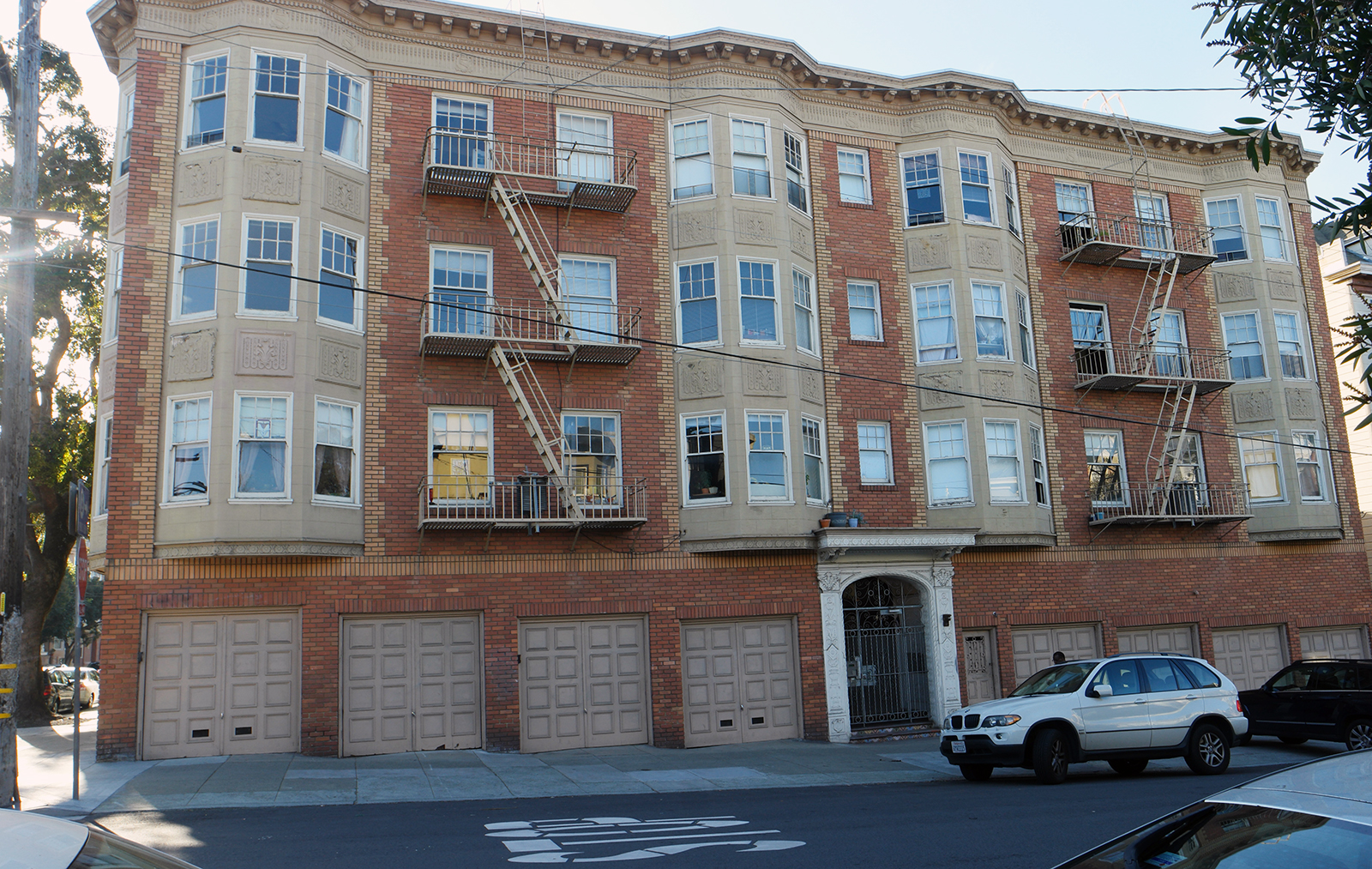
Out of the 3,464 buildings required to get permits to start seismic improvements by last Friday, 484 are still out of compliance, according to Department of Building Inspection spokesman Bill Strawn.
That means the owners have failed to even apply for permits to do the minimum seismic retrofitting work required by city law. Those buildings will be tagged with notices of violation and placards warning that buildings do not meet earthquake safety requirements.
The owners will then have around 30 days to respond and come into compliance before their cases are referred to a code enforcement hearing.
In the most recalcitrant cases, a property owner might get an order of abatement that could prevent them from leasing or selling the property or using it as collateral on a loan, or even see legal action from the city attorney's office.
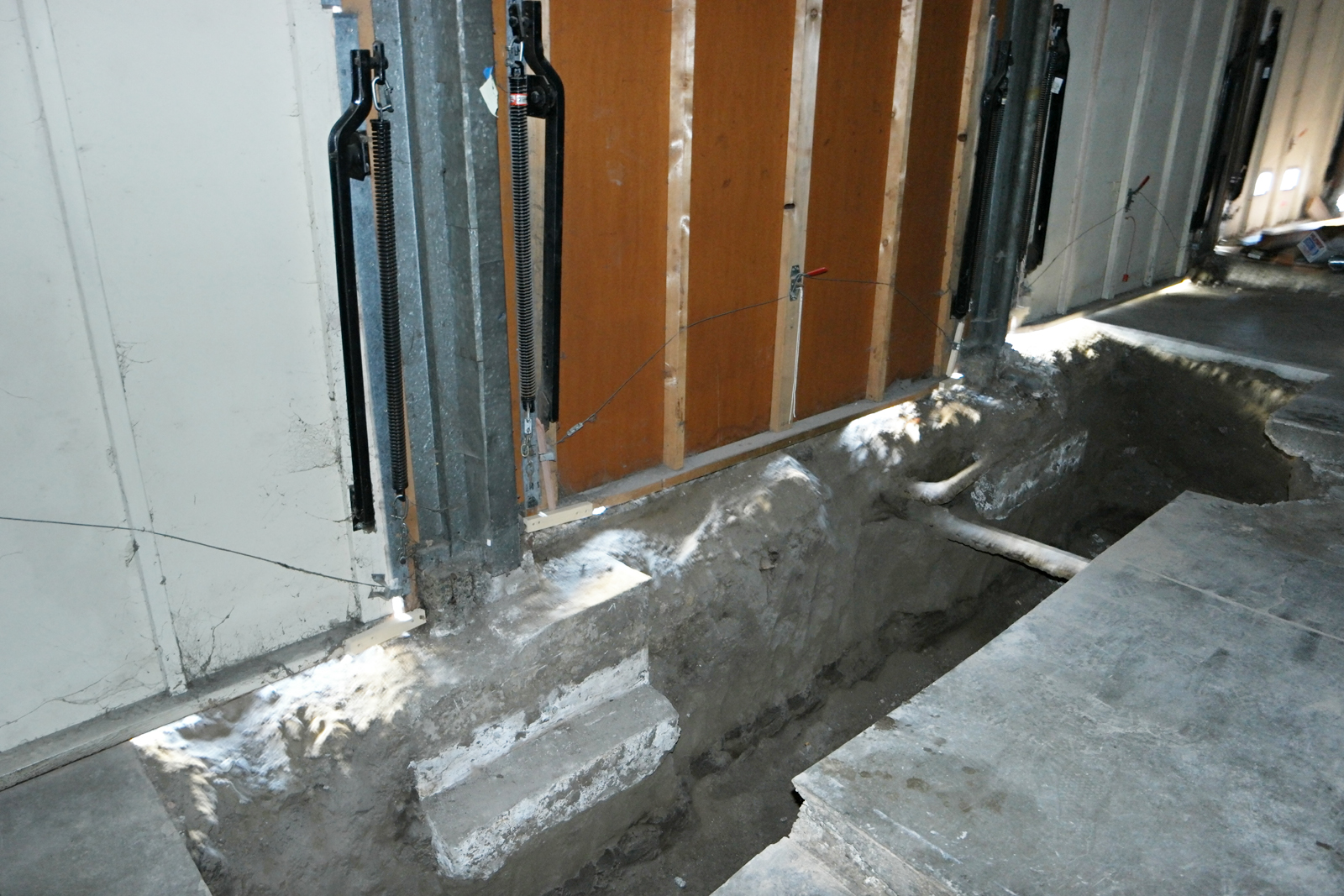
However Strawn said in most cases, the department is more interested in getting procrastinators into compliance than in punishing anyone.
"I would say most of them were just waiting until the last minute," Strawn said of those who filed for permits in the days leading up to the deadline. "Many of them also said they found that when they did try to get a professional engineer or architect to create a plan that many of those professionals are very busy right now."
The city has been working to require seismic retrofitting for "soft story" buildings—those with an open space such as retail or a garage on a ground floor—for several years.
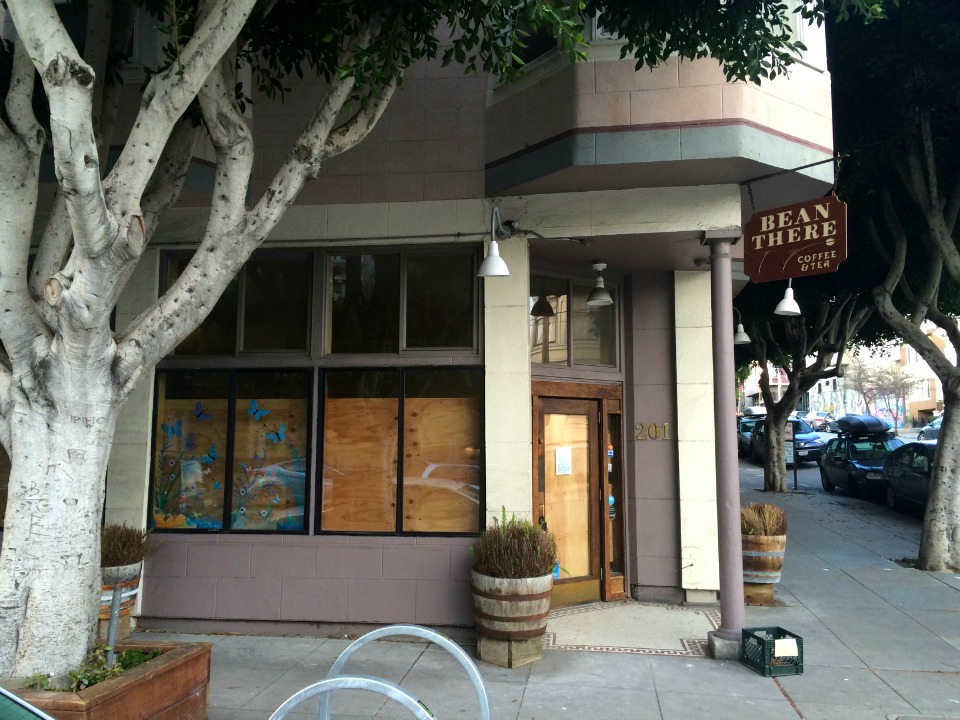
The program has been moving in phases, with this phase including residential buildings with five to 15 units. The fourth and last phase, with a deadline of Sept. 15 2018, will apply to around 900 commercial and soft story buildings in liquefaction zones.
Buildings smaller than five units are not included in the seismic retrofitting program. Cost estimates for the required retrofits vary widely from one building to another but Strawn said there is a financing program that allows property owners to apply the cost of the retrofit to their property bill and spread it out over a 20-year-period.
Property owners and tenants who wish to determine if a property is on the list and learn more about soft story retrofit requirements can go to the official DBI site or visit the DBI at 1660 Mission St., 1st Floor at Window 8, or call (415) 558-6699.
—Sara Gaiser


